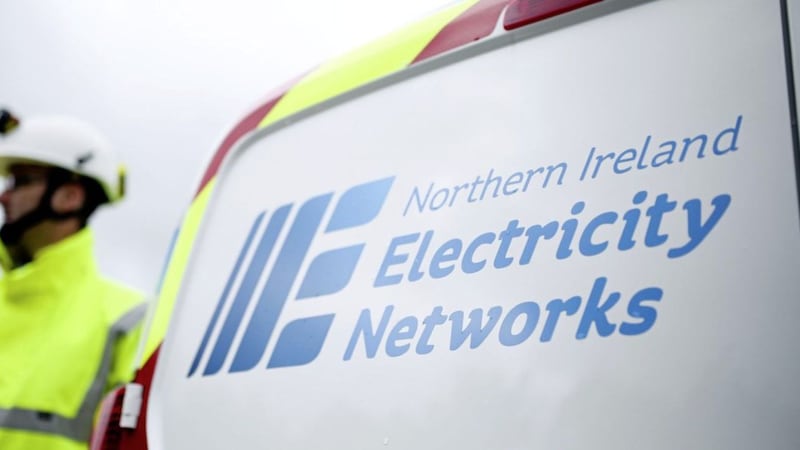A review of the NI Consumer Council has concluded that it may no longer be essential to consumers. David Stubbs, who has had an extensive career working at senior level in the UK civil service, the European Commission and advising European institutions on economic, regulatory and policy issues, sets out his view on the importance of strong consumer representation
The Consumer Council for Northern Ireland (CCNI) fulfils an essential role, representing consumers not only by providing important advice and handling complaints, but also through its impact on regulatory and policy decisions.
Individual consumers have given testimony to the importance of the CCNI's work in fighting their corner over complaints and poor quality of service.
Research conducted by the Consumer Council in November and December revealed that the number one concern for consumers - 81 per cent of respondents placed it in their top five - in Northern Ireland is home energy bills. Energy providers know they have to be better in providing value-for-money for their customers, partly because of the CCNI and it is clearly vital for consumers that this pressure is maintained. However, what is perhaps less well understood is the importance of having an independent consumer body such as the CCNI in the broader policy process. Comparison with regulatory models overseas suggests independent consumer bodies are a valued part of the policy process for advanced economies. Consumers need an organisation involved in the process who have their, and only their, interests in mind but also have the knowledge and lobbying expertise to fight their corner. We can see this importance by looking in more detail at the main sectors dealt with by the CCNI.
Research suggests that even a small reduction in energy and water prices can have as significant effect on the wider economy. For example, using Office of National Statistics figures it can be shown that a reduction of energy and water prices of 5 per cent over a number of years would increase national output (GDP) in Northern Ireland by more than £18 million.
We can see this impact in recent discussions over electricity prices where bills will already be around £20 per year lower than was originally proposed saving Northern Ireland customers over £15 million.
CCNI currently has an important role in helping keep prices down.
The level of energy and water prices are decided in part through price control discussions where the CCNI is the only body charged with only representing consumers rather than with finding the broader public interest. Operators have deep pockets to fund their representation in these discussions and the advantage of holding much of the information necessary to make accurate decisions. Without a counter-balancing consumer representation, regulatory bodies find it difficult to fully represent the public interest. A lack of separate statutory consumer representation could reduce the quality of policy discussions by easing pressures for transparency and impact assessment and could also leave the utility regulator more isolated, increasing its difficulty it striking an appropriate balance in reaching its judgments. Over time this lack of an independent consumer body could lead to higher prices and also weaker policy judgments. There is evidence that these risks can already be witnessed in the experience in Great Britain where, under proposals similar to those included in the recent Department of enterprise, Trade and Investment (DETI) consultation, Consumer Focus, the former British energy and postal watchdog, is being merged with Citizens Advice.
The resulting lack of a strong energy consumer body appears to have left a policy vacuum which politicians have rushed to fill by producing a flurry of competing policy initiatives over energy prices. It can be argued that Ofgem has been left isolated in the policy process, being strongly criticised in the press and by politicians of all parties for not representing consumers. Politicians are already discussing the need to change regulatory arrangements.
Meanwhile, Royal Mail has been sold for an estimated undervaluation of over £2 billion, with a select committee of MPs roundly criticising the Department of Business, Innovation and Science for a lack of transparency over the sale process. Hedge funds appear to have been the main beneficiaries of this failure to protect the public interest. From the experience in Britain so far, consumers do not appear to be well represented under these arrangements and the public appears to be losing out. Given this evidence, to enact similar proposals in Northern Ireland now would appear to be, at the least, a hasty and risky move, potentially costing consumers many millions and leaving them more exposed to energy and water companies seeking to raise prices.
Before going ahead with such proposals, DeTI should conduct a broader impact assessment, which also considers the fuller benefit of independent consumer representation on the policy process. Further, it should allow time for the new arrangements in Britain to bed in so that it can review their effectiveness and learn from any mistakes made.
If it takes these sensible precautionary steps I'm confident it will understand better the benefits of independent consumer representation and that the CCNI should be an important part of any future arrangements.


